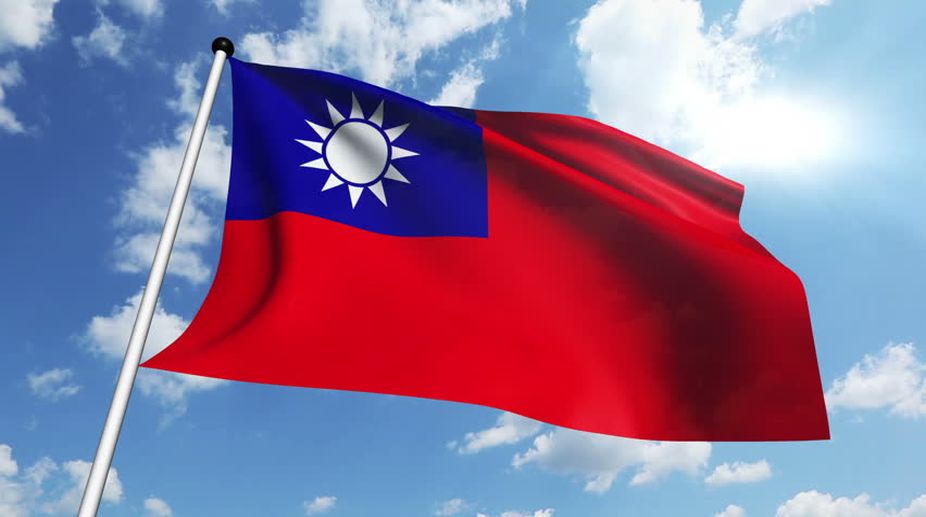Still unexplained
The hunt for the origins of Covid-19 has for the past four years been a tangled web of politics, power struggles, and international finger-pointing.

(Photo: Facebook)
Taiwan’s New Southbound Policy is the country’s “regional strategy for Asia,” as the country used to identify itself only with Northeast Asia but now wants to integrate itself more deeply into the South and Southeast Asia regions, presidential adviser Michael Hsiao said Tuesday.
Hsiao was briefing the press on the Yushan Forum, a major initiative of the President Tsai Ing-wen administration aimed at establishing the country’s role in the changing regional dynamics by creating an institutionalised multilateral dialogue platform on cooperation. It is slated to be launched October 11.
A leading pioneer in Southeast Asian studies, Hsiao told reporters that what he has observed in his long-term research is that “we [Taiwan] actually play no role in Asia.” That is partly due to the fact that the Taiwanese society as a whole has long identified itself more strongly with Northeast Asia and has lost sight of countries in South and Southeast Asia, Hsiao said. “With the New Southbound Policy in place, we are trying to reassert our role.”
Advertisement
Hsiao said that Taiwan’s new approach to forging ties with the countries covered by the New Southbound Policy is different from that of China, which some countries have characterized as a new form of “economic colonialism.”
Meanwhile, the environmental pollution associated with Taiwanese investment abroad, like the case of a Formosa steel plant in Ha Tinh, Vietnam, and the problems facing immigrant workers in Taiwan, most recently exposed by the shooting death of a Vietnamese worker by a Taiwanese police officer, are issues to be addressed under the policy, Hsiao added.
With the essence of the policy as reflected in the issues for discussion at the Yushan Forum – economic and trade issues, human resources, technological innovation, nongovernmental organization engagement, think tank cooperation, and youth dialogue – Taiwan will redefine its role and image in the region, he said.
In consideration of the possibility that China may try to sabotage the forum by discouraging the attendance of foreign speakers, the Prospect Foundation, which will host the event, said it will only reveal the lineup of the speakers “at an appropriate time.” According to the organizer, the forum will feature 40 speakers from 15 countries in South and Southeast Asia, as well as from Japan, South Korea, the United States and Europe.
Pressed by reporters, Lai I-chung, president of the foundation, was hesitant to disclose any information as to what difficulties they encountered before the speakers agreed to attend the forum, but he said that “surely there existed pressure from China” to foil Taiwan’s efforts to stage the event.
Despite the pressure, Lai added, the forum has attracted interest in quite a few countries, indicating that they do not view their relationship with Taiwan as subordinate to their relationship with China and instead consider what Taiwan has to offer to enhance mutual cooperation.
(The China Post)
Advertisement